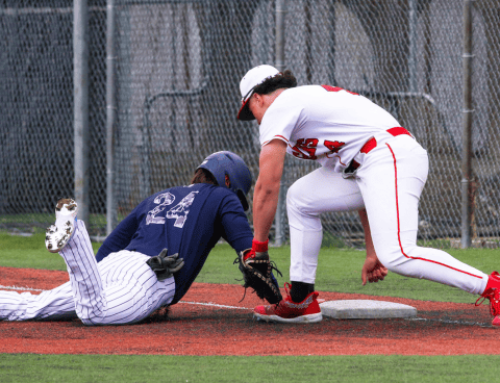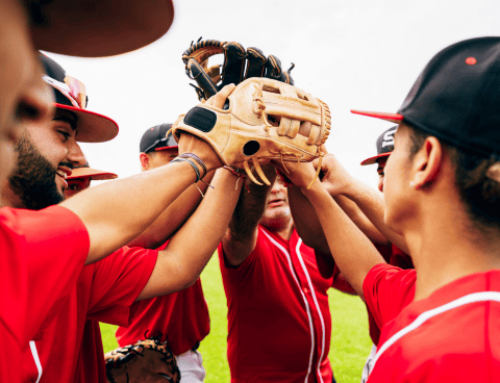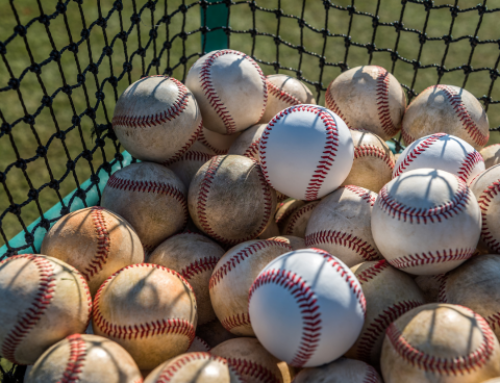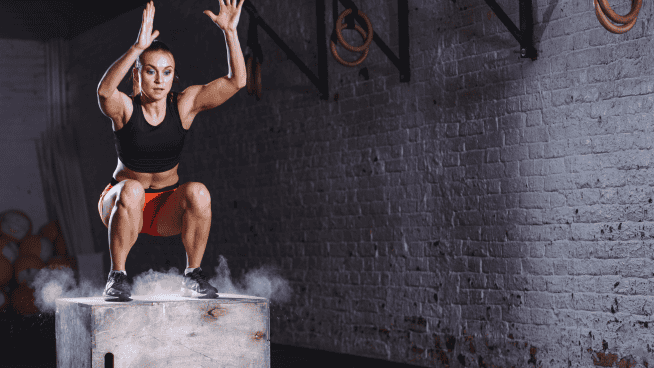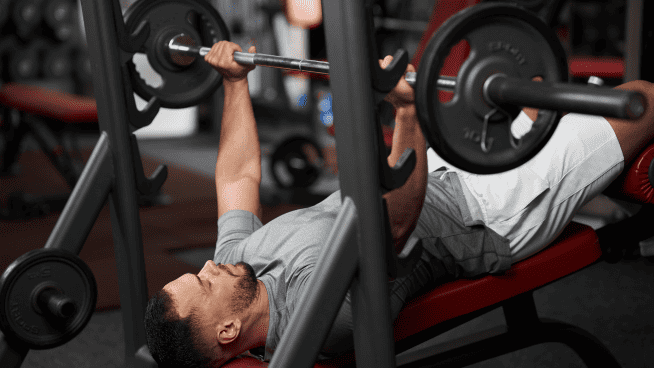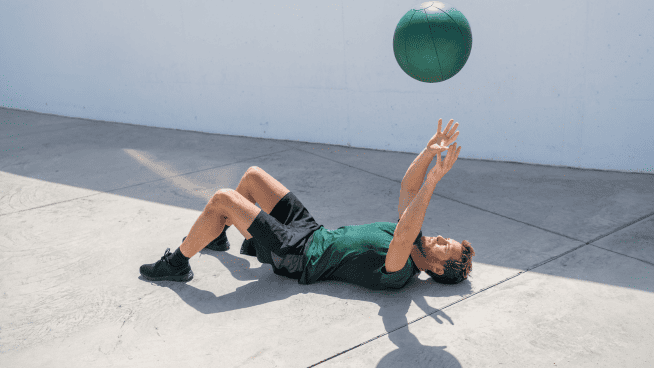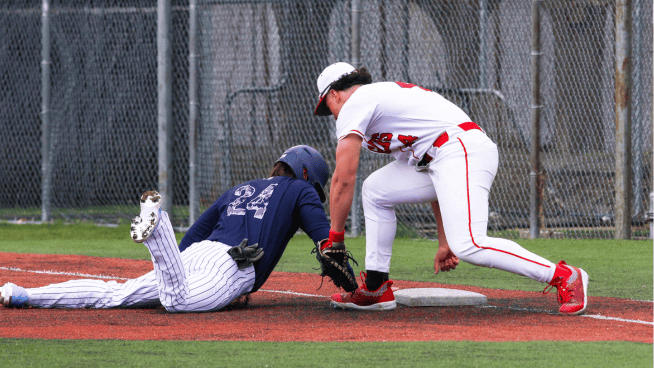Is This the Future of Baseball Helmets?

Photo: AP
Boston fans may notice that Red Sox catcher David Ross is kicking it “old school” this year.
After wearing a hockey-style goalie helmet behind the plate last season, Ross switched to the traditional plastic-helmet-and-mask in 2014. But the old school look conceals cutting-edge technology. Inside, layers of protective padding—including material used in protective vests worn by law enforcement agencies—form a liner that shields his head from impact.
A company called Unequal makes the padding, a military-grade composite of rubber, plastic and a fiber that, when woven together, is five times stronger than steel. The protective padding works to disperse impact forces (from, say, a Jon Lester wild pitch) away from the brain.
So far this season, Ross has taken two pitches to the mask, and he has noticed the difference the Unequal product makes. “The blows weren’t as jarring as they were before,” he says. “I can’t say exactly why, but in each case, it was kind of a dull hit rather than a full-on blow. And I’ve had no problems or injuries.”
Ross began using Unequal padding last season after suffering a concussion in early May. He first wore a padded beanie underneath his hockey helmet, but he didn’t like the look of it. (“The guys said I looked like a Hibachi chef,” Ross jokes.) So Unequal developed a liner specifically for his helmet. Today, Unequal’s protective padding is built into Ross’s helmet and mask.
Ross plans to change his headgear again. He and Unequal are waiting for the MLB to approve the UNCAP, a hard-shell skullcap that will fit inside the traditional New Era baseball cap worn by other defensive players. Ross says the lighter cloth cap will provide several benefits.
“The one problem with the plastic hat is that when I sweat, it pours down my face,” Ross says. “With a cloth baseball cap, the sweat won’t pour down. Plus, cloth holds the mask in place better than plastic does.”
The MLB has offered no timeline about when the UNCAP might gain approval, though both Ross and Unequal hope it will happen soon. For more information about Unequal’s products, visit unequal.com.
RECOMMENDED FOR YOU
MOST POPULAR
Is This the Future of Baseball Helmets?

Photo: AP
Boston fans may notice that Red Sox catcher David Ross is kicking it “old school” this year.
After wearing a hockey-style goalie helmet behind the plate last season, Ross switched to the traditional plastic-helmet-and-mask in 2014. But the old school look conceals cutting-edge technology. Inside, layers of protective padding—including material used in protective vests worn by law enforcement agencies—form a liner that shields his head from impact.
A company called Unequal makes the padding, a military-grade composite of rubber, plastic and a fiber that, when woven together, is five times stronger than steel. The protective padding works to disperse impact forces (from, say, a Jon Lester wild pitch) away from the brain.
So far this season, Ross has taken two pitches to the mask, and he has noticed the difference the Unequal product makes. “The blows weren’t as jarring as they were before,” he says. “I can’t say exactly why, but in each case, it was kind of a dull hit rather than a full-on blow. And I’ve had no problems or injuries.”
Ross began using Unequal padding last season after suffering a concussion in early May. He first wore a padded beanie underneath his hockey helmet, but he didn’t like the look of it. (“The guys said I looked like a Hibachi chef,” Ross jokes.) So Unequal developed a liner specifically for his helmet. Today, Unequal’s protective padding is built into Ross’s helmet and mask.
Ross plans to change his headgear again. He and Unequal are waiting for the MLB to approve the UNCAP, a hard-shell skullcap that will fit inside the traditional New Era baseball cap worn by other defensive players. Ross says the lighter cloth cap will provide several benefits.
“The one problem with the plastic hat is that when I sweat, it pours down my face,” Ross says. “With a cloth baseball cap, the sweat won’t pour down. Plus, cloth holds the mask in place better than plastic does.”
The MLB has offered no timeline about when the UNCAP might gain approval, though both Ross and Unequal hope it will happen soon. For more information about Unequal’s products, visit unequal.com.

